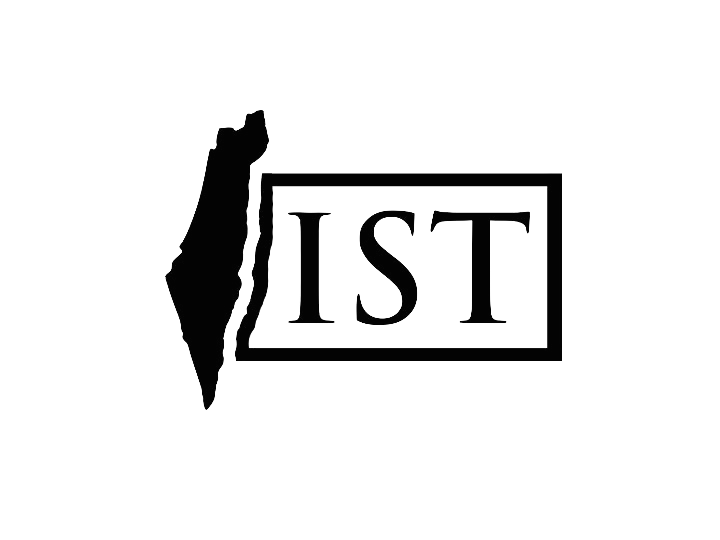“To defend a country you need an army, but to defend a civilization you need education.” – Rabbi Lord Jonathan Sacks
The impact and effectiveness of informal Jewish education is oftentimes hard to evaluate. Informal Jewish Education is rooted in the belief that the experience is central to the individual’s Jewish development, and that participating in an event or a moment enables one to understand a concept, fact or belief in a direct and unmediated way. However, the fact that this kind of education places primacy on the person’s development of character through personal experiences makes it challenging at times to assess the impact it has on its students. It is because of this reason that I feel the need to write a closing blog entry for IST. That is, to testify to the profound impact the past six weeks has had on me and my peers, specifically in shaping our Jewish identity and connection to our collective heritage.
Poland, the first of our destinations, was of particular educational importance. Prior to travelling to Poland, I would at best describe my feelings as a combination of excitement and trepidation – I was apprehensive about the thought of visiting the sites of atrocities, but eager to be able to better conceptualize the events that took place. Of course, any emotional preparation one had tried to do prior to visiting Poland was futile. Waves of emotion poured over us as we came face-to-face with the methods of extermination used by the Nazis. It was particularly confronting to hear of the Holocaust stories of ancestors of students on IST, as it personalized the experience and demonstrated the significant impact the Holocaust has had on the Sydney Jewish community. These speeches, delivered by proud, adolescent Jews, unequivocally proved how Hitler failed in his attempt to annihilate the Jewish identity, and how worldwide Jewry continues to be in existence and thrive post the Shoah. In a similar sense, I believe that by standing in the gas chambers of Auschwitz and Majdanek, crying out songs that speak of altruism and solidarity, we evidenced how right, albeit sometimes temporarily defeated, is triumphant over evil.
With the memory of those who perished heavy in our hearts, and the knowledge acquired from Rabbi Benji's soliloquies engraved in our minds, we then journeyed to Israel. The sense of euphoria as we touched down in Israel was palpable, with the realization that we had finally arrived home becoming apparent. This sense of intense excitement continued throughout the next five weeks, as we explored the diversity of Israeli tourist attractions and historical landmarks. The Kotel, donkey riding, the Dead Sea, the ancient fortifications of Masada, water sports in Eilat - upon reflection, it is incredible to think of the number and excellent standard of places we had the privilege of visiting. The free weekend and optional programs gave each individual an opportunity to connect with a certain aspect of Israel that was of particular interest to them. Through these experiences, each individual strengthened their connection with Israel and their peers.
I express my sincerest gratitude to those who have made such an incredible opportunity possible for us. IST has granted me and my peers amongst the most memorable six weeks of our lives, in which each individual has undergone their own unique transformation. Personally, I have learnt that one’s character is not determined by genetic inheritance alone, but rather by a relationship to tradition, to history, to religious values and to social conscience. I have learnt of the seminal contribution experiential Jewish education can make. I have learnt of the importance of advocating for Israel, rather than remaining impartial or apolitical when confronted with perspectives I believe to be incorrect.
Together, we, IST 2015, carry the mantel forward upright, proud and determined (if not temporarily exhausted!) to be the next generation of Jewish leaders, representatives and educators.
